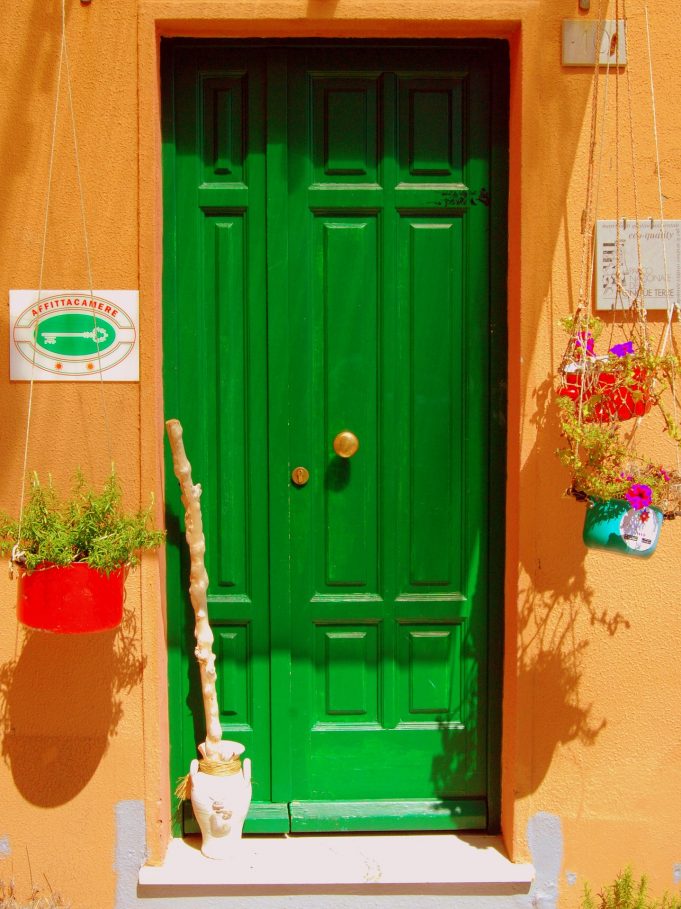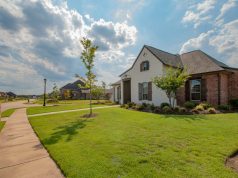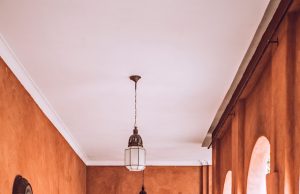It’s a common traveller’s experience: glancing in an estate agent’s window, whilst visiting another country, and being astonished by what your money can buy you, but the impulse to buy immediately should always be resisted, particularly if you don’t intend to live in the property yourself. Investment in property overseas can prove very successful, but only if you do your research first. Ask yourself why you are considering investing in this particular area. It may be delightful in summer, but will anyone want to rent your property during the winter months? How accessible is your prospective location? What are the local amenities? Is it a tourist area or is there another reason why people would choose to rent the property? Investing in property in a capital city is always a good investment, but of course it is also very expensive, so consider investing in capitals where property prices are comparatively low, such as Krakow or Lisbon. Legal requirements, which may have financial implications, differ from country to country but here are some of the potential costs which you may not have considered.
Fees relating to the purchase of the property
Be aware of the percentage fee charged by your estate agent, on rural properties in Spain it can be as high as 35% but in France the estate agent fees are paid by the vendor. You will also need to pay for the services of a chartered surveyor and there will be fees associated with your mortgage, such as a broker fee, an arrangement fee and an administrative fee for the payment of taxes and the inscription of the title in the property register. You may also need the services of an approved translator for the translation of English documentation.
Money transfer fees
You will need to open a bank account in the country where you are making your property purchase and you will need to transfer money for the purchase and running costs. Specialist currency exchange providers can often provide much better rates than your bank will offer.
The cost of furnishing the property
You may choose to spend time shopping around for items with which to furnish the property or you may choose to employ someone to do this for you. Shipping in furniture and fittings is likely to prove prohibitively expensive but whatever method you choose there will be a considerable cost involved. When buying a rural property, you may be tempted to buy something larger than necessary, bear furnishing costs in mind when doing so.
Connection fees
Be aware of the fees you will incur for the connection of utilities. Properties in rural areas may be connected to a septic tank, which may require emptying or replacing. You should also establish whether wi-fi is available in the area, prior to purchase.
Property management costs
If you are not going to be living in the country where you have made your purchase, you will need to arrange for your property to be managed. Fees for this kind of service are likely to be around 20% of your rental income and should include guest contact, cleaning, maintenance and gardening. Be aware that the larger the property, the higher the maintenance costs.














